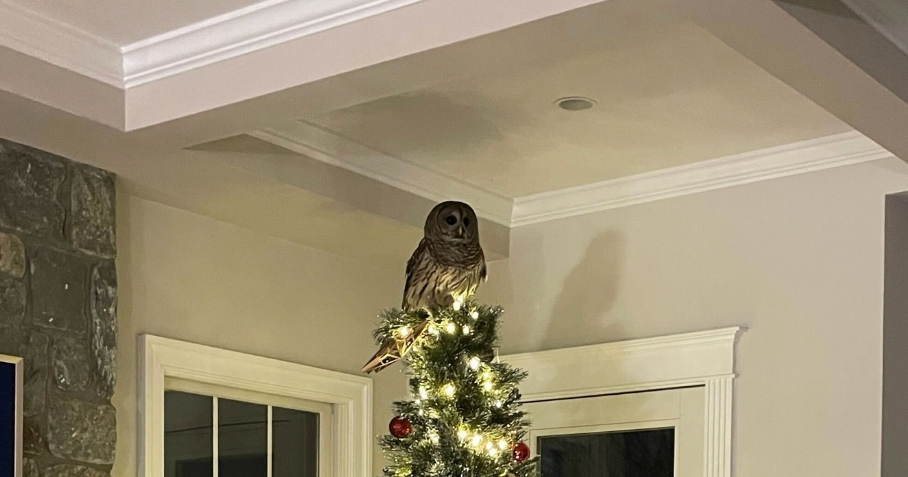Carlos DeFord Bailey is continuing his family's legacy of shining shoes by day and making music at the Opry at night
Carlos DeFord Bailey lights up the stage at the Grand Ole Opry, a testament to the musical and cultural legacy coursing through his veins.
Bailey, who has been a familiar face to travelers at Nashville's airport for the past 25 years as the "Music City Shoeshining Man," transforms by night into a singer, carrying forward a family tradition.
His grandfather, DeFord Bailey, made history as the Opry's first Black performer and country music's first Black star, earning the nickname "Harmonica Wizard" in the mid-1920s and getting his start on the radio.
"Everybody was tune in on Saturday night, they hear this guy and they didn't know he was a Black man, to the blow the harmonica," said Bailey. "And so when he made his appearance on the Grand Ole Opry, they was like, wow, he's Black. But they had already brought his first album."
DeFord Bailey faced many instances of racism that included being paid less than his White counterparts and being barred from eating in certain restaurants.
"I think he knew exactly what he was up against, but he was a giant on stage," said Bailey.
Yet, DeFord Bailey continued to break barriers, particularly with his harmonica playing that mimicked the sound of trains, a technique that came from his childhood battles with polio after being diagnosed with the disease at the age of 3.
"This is what they gave him to soothe them, rather than a bottle or pacifier or something, his uncle gave him a harmonica," said Bailey. "And he grew up by a train truster down in Smith County, Tennessee. He started imitating the sound of the train on this harmonica."
The Country Music Hall of Fame and Museum now honors DeFord Bailey's contributions, but the path wasn't easy. After being inexplicably fired from the Opry in 1941, possibly over a music licensing dispute, DeFord Bailey turned to shoe shining to make ends meet, a trade that his grandson would inherit and embrace with as much passion as music.
Carlos DeFord Bailey began working at his grandfather's shop as a teenager and fell in love with shining shoes.
"At the end of the day, I go home, and I'm still shining in my mind. I can feel myself shining at the house," said Carlos DeFord Bailey.
Despite growing up in the shadow of his grandfather's legacy, Carlos DeFord Bailey did not fully know the extent of his grandfather's fame until he became an adult.
In 2022, the Grand Ole Opry formally apologized to DeFord Bailey, acknowledging past injustices and the role it played in "suppressing the contributions of our diverse community." That same year marked his grandson's debut on the Opry stage. DeFord Bailey's picture is directly behind his grandson when he walks on stage.
"I walk that stage I look at that picture a lot. It's something that goes through me that gives me that energy. Yeah. To keep going to keep moving to the end of each song," said Bailey.
Now, Carlos is passing on his dual crafts to his 14-year-old grandson, ensuring that the harmonica's melodies and the shine of well-cared-for shoes will continue through another generation.
Carlos Deford Bailey is set to perform again at the Grand Ole Opry on Friday, Feb. 9.




